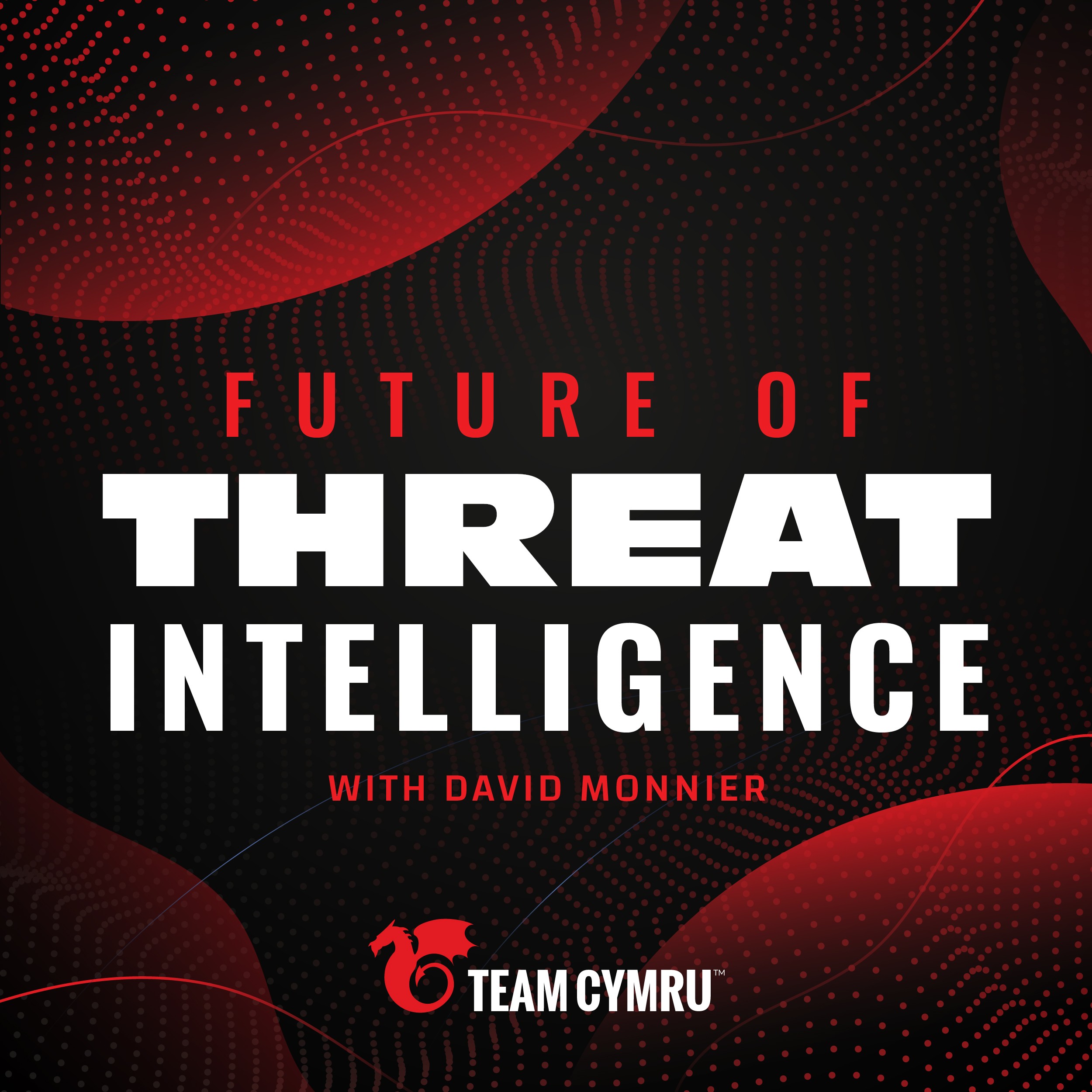Ventas Inc.’s Brian Palmer on Managing Cybersecurity Challenges in Real Estate
Description
In our latest episode of the Future of Threat Intelligence podcast, Brian Palmer, Director of IT Security and Infrastructure at Ventas, Inc. highlights the critical importance of translating cyber risk into business language, making it comprehensible and actionable for executives and board members.
Brian shares his unique insights on balancing technical oversight with broader business objectives and the evolving challenges in cybersecurity, especially within the real estate sector. He also offers valuable perspectives on the impact of AI on phishing attacks and the essential role of continuous learning and networking for those aspiring to advance in the cybersecurity field. To close the chat, he describes his passion for mountaineering, likening seeing a huge summit in the distance and feeling overwhelmed but that once you break it down and go step by step, any problem or mountain is not so daunting.
Topics discussed:
The importance of translating cyber risk into business language for effective executive communication.
Strategies for balancing technical oversight with broader business objectives in cybersecurity.
Evolving cybersecurity challenges in the real estate sector, especially healthcare real estate.
The impact of AI technologies like ChatGPT on the sophistication of phishing attacks.
The necessity of continuous learning and networking for career advancement in cybersecurity.
Practical advice and real-world examples for implementing effective cybersecurity measures in business contexts.
Key Takeaways:
Translate cyber risks into business language to enhance executive and board understanding and decision-making.
Balance technical and business needs by aligning cybersecurity measures with business objectives and outcomes.
Communicate the potential business impacts of cybersecurity threats to ensure executive buy-in and support.
Leverage real-world examples from the news to educate and raise awareness about cybersecurity issues among employees.
Adapt cybersecurity strategies continuously to keep up with the ever-evolving threat landscape.
Foster a culture of continuous learning and curiosity within your cybersecurity team to stay updated on new threats and solutions.
Incorporate AI detection tools to counteract the increasing sophistication of phishing attacks.
Engage in networking with other cybersecurity professionals to share insights and strategies for managing emerging threats.
Evaluate your organization’s unique cybersecurity challenges, especially if operating in niche sectors like real estate.
Develop hypothetical scenarios during interviews to assess candidates’ problem-solving and adaptability skills in cybersecurity contexts.
Headed to Black Hat? Visit us at booth #4428 for a free demo. Until then, try Pure Signal Scout Insight™ for 30 days by signing up here.
More Episodes
In our latest episode of the Future of Threat Intelligence podcast, David speaks with Gregory Van den Top, AI Practice Leader for Europe at Marsh. They explore the critical importance of understanding cyber risk as an integral part of business strategy, rather than a technical...
Published 10/31/24
In our latest episode of the Future of Threat Intelligence podcast, David Bianco, Staff Security Strategist at Splunk, shares his insights on the evolving landscape of threat hunting. He introduces the PEAK threat hunting framework, emphasizing its role in enhancing security measures.
David...
Published 10/24/24
Published 10/24/24


